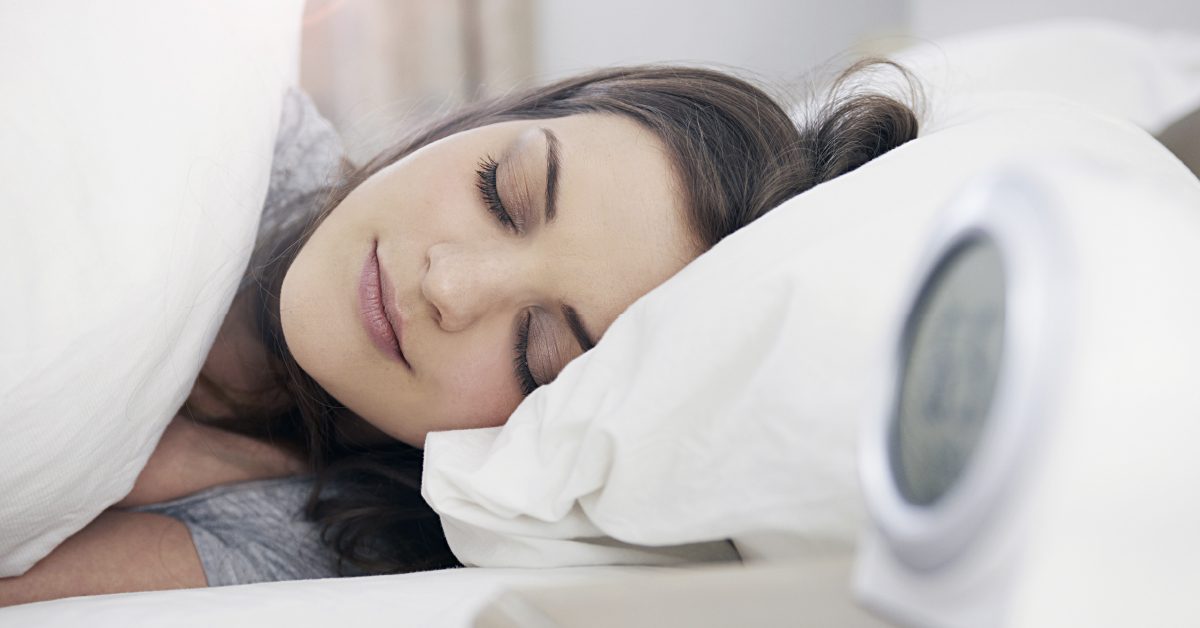Tips to Help You Sleep Better at Night

Getting adequate sleep is just as important as healthy diet and regular exercise. Fall short and it may take a toll on your productivity, energy, weight, and even your emotional stability.
According to research, poor sleep has immediate undesirable effects on your brain function, hormones, and exercise performance. It can also increase disease risk and cause weight gain.
In contrast, getting adequate sleep can help you become healthier.
Getting a good night’s rest may seem like an impossible feat when you are still wide awake at 2 a.m., but the good news is, you can gain control over the quality of your sleep.
Unhealthy lifestyle choices and habits can lead to poor quality of sleep and can affect your heart and brain health, mood, vitality, creativity, and immune system. Tired of feeling tired? If you find yourself constantly tossing and turning during bedtime, here are some tips to help you sleep better at night:
1. Exercise
Physical activity won’t just help you maintain a healthy weight, it will also encourage good sleep. Exercise boosts melatonin production – the body’s natural sleep hormones. Just be mindful of the timing of your workout, since exercising too close to bedtime can give you an adrenaline rush caused by the hormone cortisol, which is associated with increasing alertness. We recommend a regular workout session during the day, as this can help the natural circadian rhythm.
2. Keep your bedroom comfortable
It’s best to turn off your television before bedtime. However, this is not the only possible distraction in your bedroom. Ensure that your bedroom is as comfortable as possible. Ideally, you want a dark, quiet, and cool ambience. Your bedroom should be sleep-inducing.
3. Reserve the bed for sleep
Do not use your bed as a venue for responding to emails, answering calls, or watching TV. The bed should serve as your stimulus for sleeping.
4. Start a sleep ritual
We’re sure that you appreciate a comforting ritual when you were young – a warm bath, a bedtime story, and your mother tucking you into bed. A consistent routine will help signal your mind and body that it’s time for sleep. Listen to calming music, drink a glass of milk, or take a warm bath to unwind before bed.
5. Avoid caffeine and alcohol
You would want to avoid having a grumbling stomach during bedtime, as it can be distracting enough to keep you awake. It’s best to stick to small, healthy snacks; and chocolate, coffee, or wine should not be a part of it. All these are stimulants, and they disrupt sleep.
Yes, your behaviors throughout the day, especially during nighttime, can affect the quality of your sleep. Keep these tips to help you sleep better at night to promote healthy sleep.
For more health and wellness tips, feel free to get in touch with us at Physicians Premier, your emergency room in Corpus Christi.
Sources:
“Impact of sleep and sleep loss on neuroendocrine and metabolic function,” PubMed, https://www.ncbi.nlm.nih.gov/pubmed/17308390.
“Circadian Rhythm and Your Body Clock,” National Sleep Foundation, https://www.sleep.org/articles/circadian-rhythm-body-clock/.
“Twelve Simple Tips to Improve Your Sleep,” Harvard Medical School, http://healthysleep.med.harvard.edu/healthy/getting/overcoming/tips.


